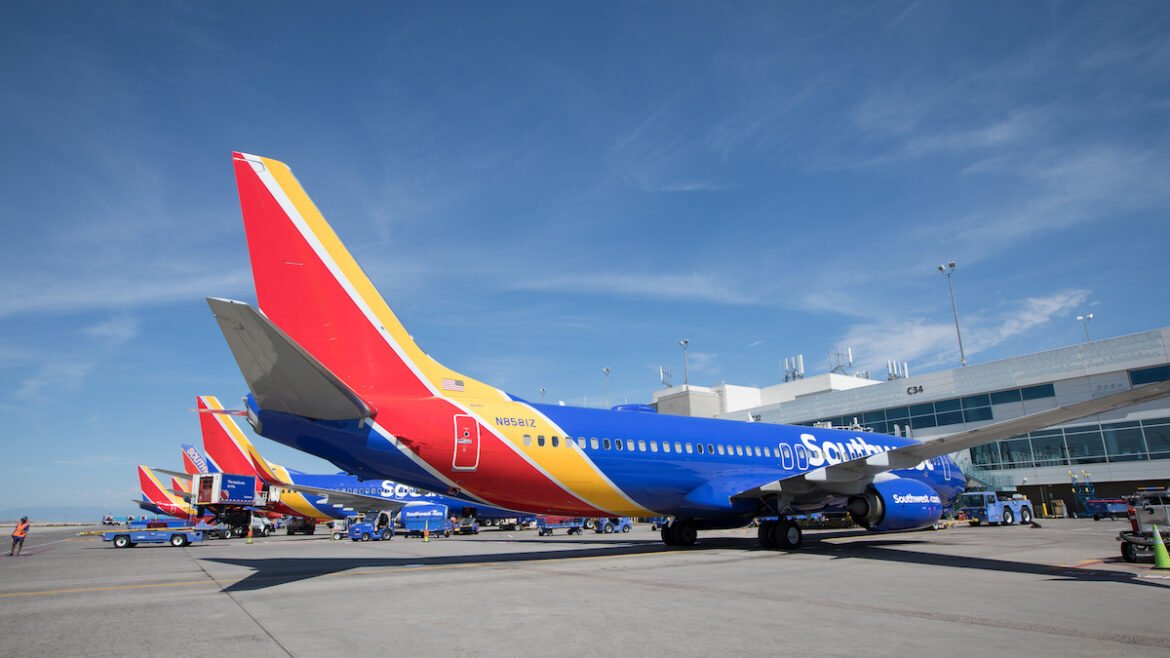343
Southwest Airlines Chief Executive Bob Jordan announced that the airline’s newly introduced baggage fees are generating strong revenue momentum, with fee collections “pacing toward at least $1 billion per year” in incremental profit, a milestone unthinkable until recently for the Dallas-based carrier.
📈 Revenue Surge from Ancillary Fees
- Southwest scrapped its long-standing “Bags Fly Free” policy on May 28, 2025, introducing fees of $35 for the first checked bag and $45 for the second—except for A‑List Preferred status members, Rapid Rewards credit cardholders, and Business Select ticket holders. These groups still receive at least one free bag benefit.
- CEO Bob Jordan described the shift as a “tremendous opportunity”, affirming that revenue gains from baggage charges had already exceeded expectations, and forecasting this segment to deliver $1 billion-plus in annual profit even under conservative uptake scenarios.
🧳 Part of a Broader Modernization Push
- The baggage fees are a cornerstone of Southwest’s accelerating shift away from its signature unbundled service model. In 2026, the airline will also roll out basic economy fares, assigned seating, and premium seat options to monetize customer preferences further.
- Analysts estimate incremental EBIT from all new initiatives could reach $4.3 billion by 2026, including $800 million from bag fees and upgrades, $1.5 billion from seating segmentation, and $2 billion through cost efficiencies and share buybacks.
🧾 Financial Performance Snapshot
- In its Q2 2025 earnings, Southwest reported $213 million net income on $7.2 billion in revenue, slightly below analyst expectations. Nonetheless, the ancillary strategies have begun offsetting margin pressures and helped fuel a $2 billion stock repurchase plan.
- A surge in ancillary revenue was highlighted even as basic economy fares initially underperformed; the airline adapted quickly with booking flow improvements and promotional offers to restore sales momentum.
🧠 Brand Identity & Customer Response
- Southwest has historically built its brand around simplicity and customer-focused policies like free bags and open seating. Critics say abandoning those hallmark features undermines brand consistency and loyalty. Forbes contributors warned about the psychological cost of breaking such a core promise.
- Early public sentiment on social media reflects frustration: one Reddit user noted that while Southwest projected $1.5 billion in bag fee revenue, it had also estimated a $1.8 billion loss in market share value, suggesting close long-term scrutiny of consumer behavior.
🧭 Looking Ahead: Risks and Rewards
- The pivot toward fee-based revenue arrives under pressure from activist investor Elliott Investment Management, which holds a $1.9 billion stake and pushed for structural changes to improve financial returns.
- Executives believe the changes are “going really, really well” and necessary: “If you don’t follow your customers… your products just aren’t attractive any longer,” Jordan explained.
- Still, loyalty erosion remains a concern—especially among leisure flyers who prioritized Southwest’s unique model. Whether the airline can retain its core base without losing volume to competitors remains to be seen.

